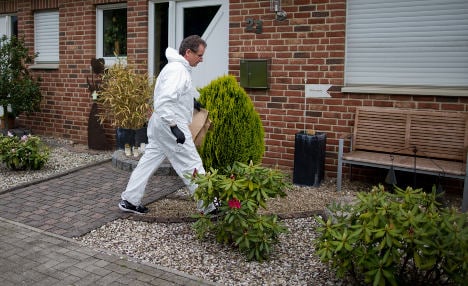The bodies of a three-year-old girl and two boys aged four and 11, were found at a house in Steinfurt, North Rhine-Westphalia, on Monday afternoon.
The mother’s brother called police after he found the three dead children in their parents’ bedroom. The 39-year-old mother was found unconscious alongside her children but was resuscitated by paramedics. Help came too late for her children, however.
Officers also found two charcoal barbecues in the room – the source of the carbon monoxide.
“The woman cannot yet be questioned,” inspector Ulrich Bux from Münster police said in a statement on Tuesday afternoon. “Her relatives are being cared for and forensic investigations are ongoing.”

Prosecutor Stefan Lechtape said: “From our investigations so far we assume that the 39-year-old woman wanted to kill her three children and herself. She left a suicide note and put a note in the hallway warning of carbon monoxide.”
The biological father of the three-year-old girl and four-year-old boy is currently serving a prison sentence, police said. The 11-year-old son was from a previous relationship.
SEE ALSO: Three dead at Berlin tower block



 Please whitelist us to continue reading.
Please whitelist us to continue reading.
Member comments